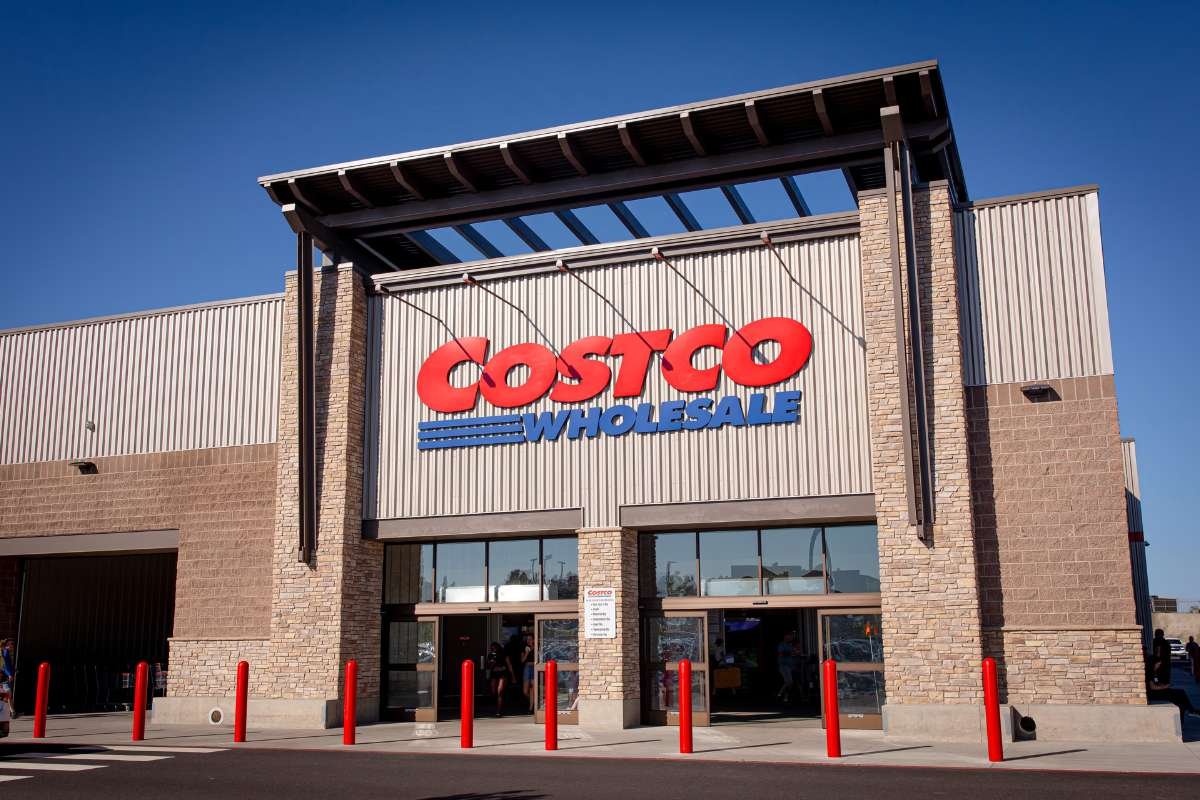A recent report by environmental watchdog Stand.earth has exposed troubling links between several global consumer brands—including Coca-Cola Faces Scrutiny—and fracking operations in the Permian Basin, a massive oil and gas extraction zone in Texas known for its significant greenhouse gas emissions. The investigation reveals that over 25 major companies, including Unilever, Nestlé, and Procter & Gamble, are indirectly connected to these operations through their use of plastics derived from ethane—a byproduct of fracking.
Fracking, or hydraulic fracturing, is a controversial method of extracting natural gas and oil by injecting high-pressure fluid mixtures into shale rock formations. Ethane produced in this process is a key feedstock for plastic manufacturing and is often exported for use in foreign plastic production facilities. While this process supports the global plastics industry, it raises red flags due to the environmental damage and public health risks it causes.
Among the most alarming revelations is Coca-Cola Faces Scrutiny involvement, given its significant global footprint. The company, which has long faced criticism for its plastic usage, now finds itself further under fire for contributing to a process that environmental advocates say threatens ecosystems and human health alike.
Environmental and Health Impacts of Fracking
Environmentalists and public health advocates are sounding the alarm on the far-reaching consequences of fracking, especially in regions like the Permian Basin. The process has been associated with numerous adverse effects, including increased seismic activity, contamination of local water supplies, and air pollution. Shocking reports and video evidence from residents show flammable tap water—a grim symbol of the extent to which fracking can disrupt communities.
Yvette Arellano, founder of Fenceline Euronews, an environmental justice organization in Houston, emphasized the human toll of fracking: “The cost is irreversible damage to our children’s health — low birth weights and reproductive and developmental harm — spanning generations.” In addition to harming local communities, fracking also delays the transition to renewable energy sources, such as solar and wind, by prolonging dependence on fossil fuels.
Furthermore, plastic pollution adds another layer to the crisis. Plastics made from fracked ethane do not degrade naturally. Instead, they break down into microplastics, which infiltrate ecosystems and human bodies, posing serious health risks. According to the U.N. Environment Program, up to 23 million tonnes of plastic enter aquatic ecosystems each year, endangering marine life and contaminating global water supplies.
Coca-Cola’s Green Initiatives Under Scrutiny
Despite Coca-Cola Faces Scrutiny ongoing sustainability campaigns, including its “World Without Waste” pledge to make all packaging recyclable and boost recycled plastic usage to 35% by 2035, critics argue these efforts fall short. The company’s connection to fracking-based plastic production undermines its environmental commitments and highlights a gap between public pledges and actual practices.
Delphine Levi Alvares, campaign manager at the Center for International Environmental Law, underscored the inconsistency, stating, “Using dirty-fuel-based plastics is a choice, not a necessity.” She urged brands to shift toward safer alternatives like bio-based plastics, recycled materials, and refillable packaging options.
Environmental advocates warn consumers to be wary of greenwashing—when companies claim to be environmentally responsible without meaningful action—and to support businesses that prioritize genuine sustainability. Until major brands take concrete steps to reduce plastic dependency, fracking will remain a lucrative and environmentally damaging part of the supply chain.


















